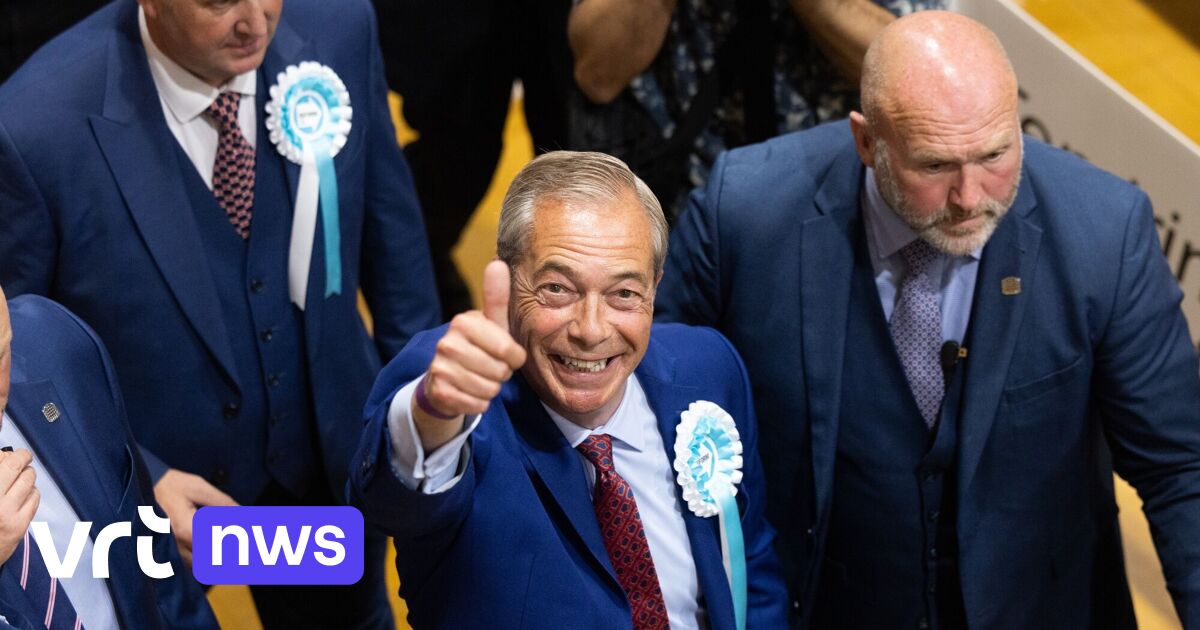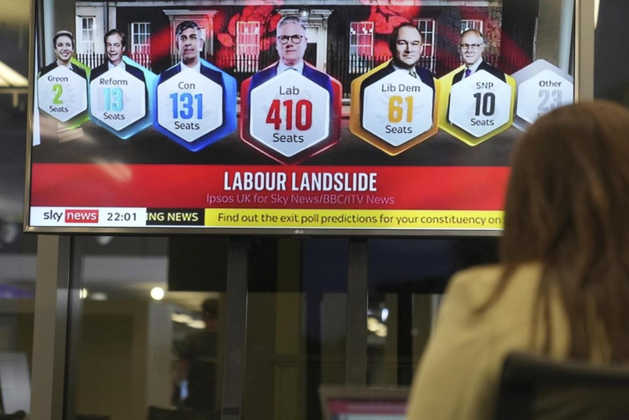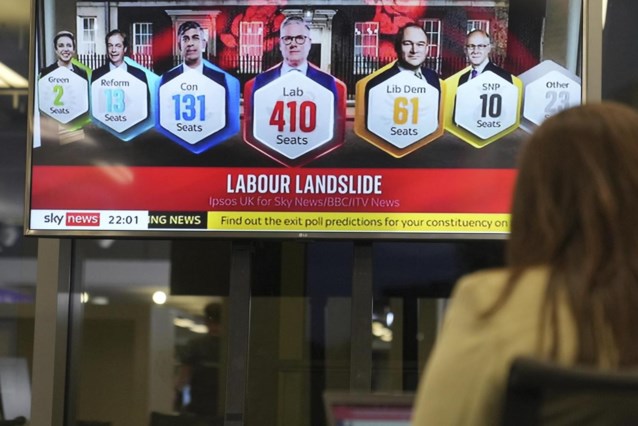Hong Kong is a ‘special administrative region’ of China. Until 1997, the city was a British colony. 26 years ago, Hong Kong was handed over to China. It was agreed that Hong Kong would be allowed to retain its own laws, political freedoms and jurisdiction for fifty years. But since 2019, the freedoms of Hong Kong residents have declined drastically.
The eight Hong Kong residents detained are activists, former politicians, judges, law scholars, trade unionists and online commentators. They were charged with violations of national security, including foreign conspiracy. Eight million Hong Kong dollars will be offered for information leading to their arrest. That’s about 115,000 euros per person.
Hong Kongers living in the Netherlands are also following developments. Like Mrs Cheung. He has lived in the Netherlands for over a year. For security reasons, we do not use his first name. The development did not surprise him. “It’s only a matter of time.”
Be careful with opinions
“We no longer have freedom of speech or press, but what’s happening now I think is a bit crazy,” he said. “It makes no sense for the police to ask the activists to return to Hong Kong to surrender.”
It affected his life, even now he lives in the Netherlands. “I worry about what I post online and what I talk about on WhatsApp.”
The arrest warrant drew international criticism from Hong Kong leader John Lee, but he didn’t seem too concerned. “The only way to end the fate of someone in hiding who will be chased for life is to give himself so far,” he said of the eight Hong Kong fugitives on Tuesday. “They will continue to live in fear of being caught.”
The fact that Hong Kong is now also going after dissidents overseas matches the developments we’ve been seeing on the Chinese territory for some time, says China expert Frans Paul van der Putten. “Hong Kong used to be a relatively safe place for people with different political ideas from the Chinese government. But that has gradually diminished in recent years. Especially after the introduction of the national security law.”
The difference between day and night
The law was introduced in 2020 after the massive protest movement in Hong Kong in 2019. “Basically, anyone who threatens national security can receive very severe punishment,” said China correspondent Roland Smid. “But the law is very broad and unclear. That ambiguity is put to maximum use: it is a ploy to go after critical figures.”
Therefore, you can talk about Hong Kong before and Hong Kong after the national security law, said Smid. “The difference is really day and night. Before the law, you could express yourself critically about the government there and commemorate the 1989 protests. That never happened on the mainland and now it’s also banned in Hong Kong.”
That caused many Hong Kong citizens to go overseas. So is Nathan Law, a prominent activist. A bounty was also offered for his capture this week. “Two years ago he published a book on relations between China and Hong Kong, and he is still talking and writing about issues that are politically sensitive for China,” said Van der Putten.
Smid: “After the introduction of the national security law, he immediately decided to leave. A number of his friends and associates did not, and are now in prison.”
Hongkongers in the Netherlands
A representative of the Dutch activist organization for Hong Kong argued that more and more Hong Kong people now living in the Netherlands would be more careful about what they say or do. “Some people will even be wary of liking posts on Facebook.” According to the representative, this has been the case since the national safety law was enacted. “But what happens now will only make things worse.”
While some activists were already under surveillance from Hong Kong, this was different, he added. “It’s something much more concrete, there’s an official premium for people. It’s not just about these eight people. Because eight could also become twenty in the future. Or thirty.”
However, the ‘hunt’ for the eight activists was primarily meant as a warning, think Van der Putten and Smid. “The Hong Kong government is signaling to the public to be careful, even if you live overseas,” said Van der Putten.
Image damage
In addition to the warning function, developments also fit the broader Chinese context, explains Van der Putten. “Firstly, the Chinese government is quite sensitive on image issues. They want to limit image damage where possible.”
“In addition, the country has a history of political opponents overseas carrying out activities there that could undermine the government. Just think of Sun Yat-sen, China’s first president, the ‘father of the fatherland’. He contributed at the beginning of the last century as a dissident abroad country contributed to the revolution.”
The effect of the arrest warrants and promised rewards remains to be seen. The activists wanted live in countries such as the US, UK, Canada and Australia. “These are all in countries that are definitely not going to extradite these people to China,” Smid said.
This can also be seen from the reactions of these countries. The Australian Prime Minister called it “unacceptable”. The UK foreign secretary said he would not tolerate “attempts to intimidate individuals in the UK from China”. The US also condemned the move. The US State Department has called for the prize to be withdrawn and for other nations’ sovereignty to be respected.

“Hipster-friendly creator. Music guru. Proud student. Bacon buff. Avid web lover. Social media specialist. Gamer.”







